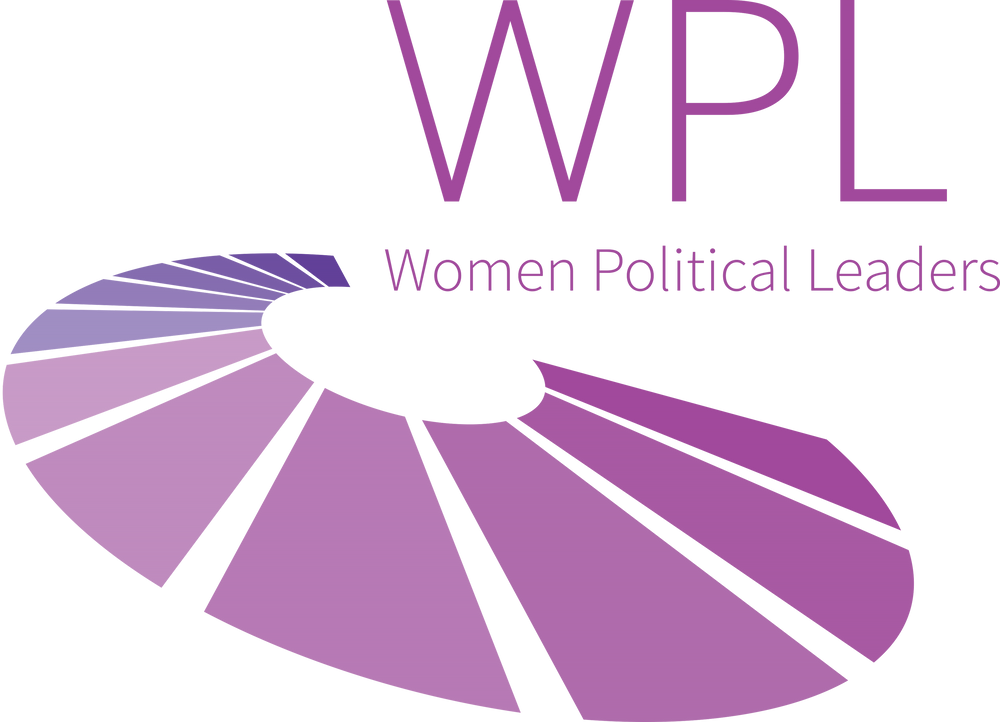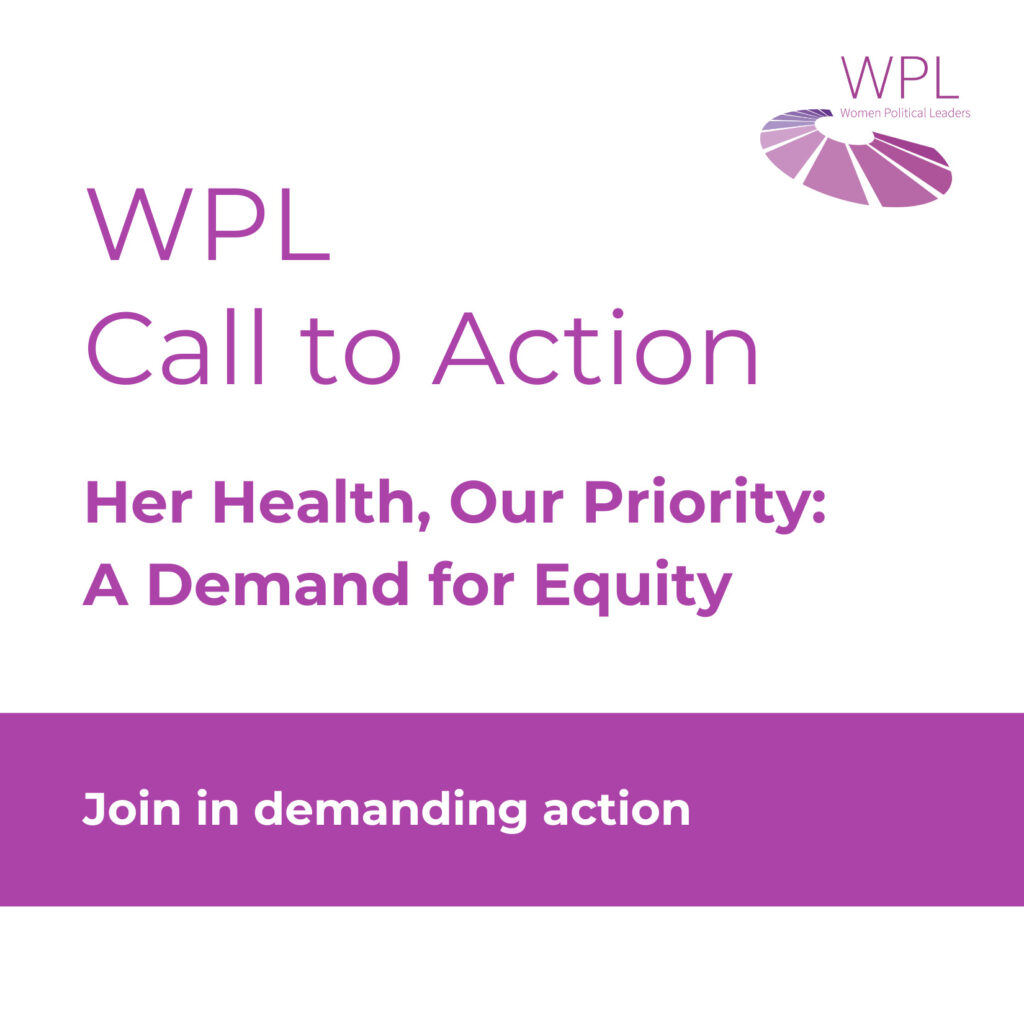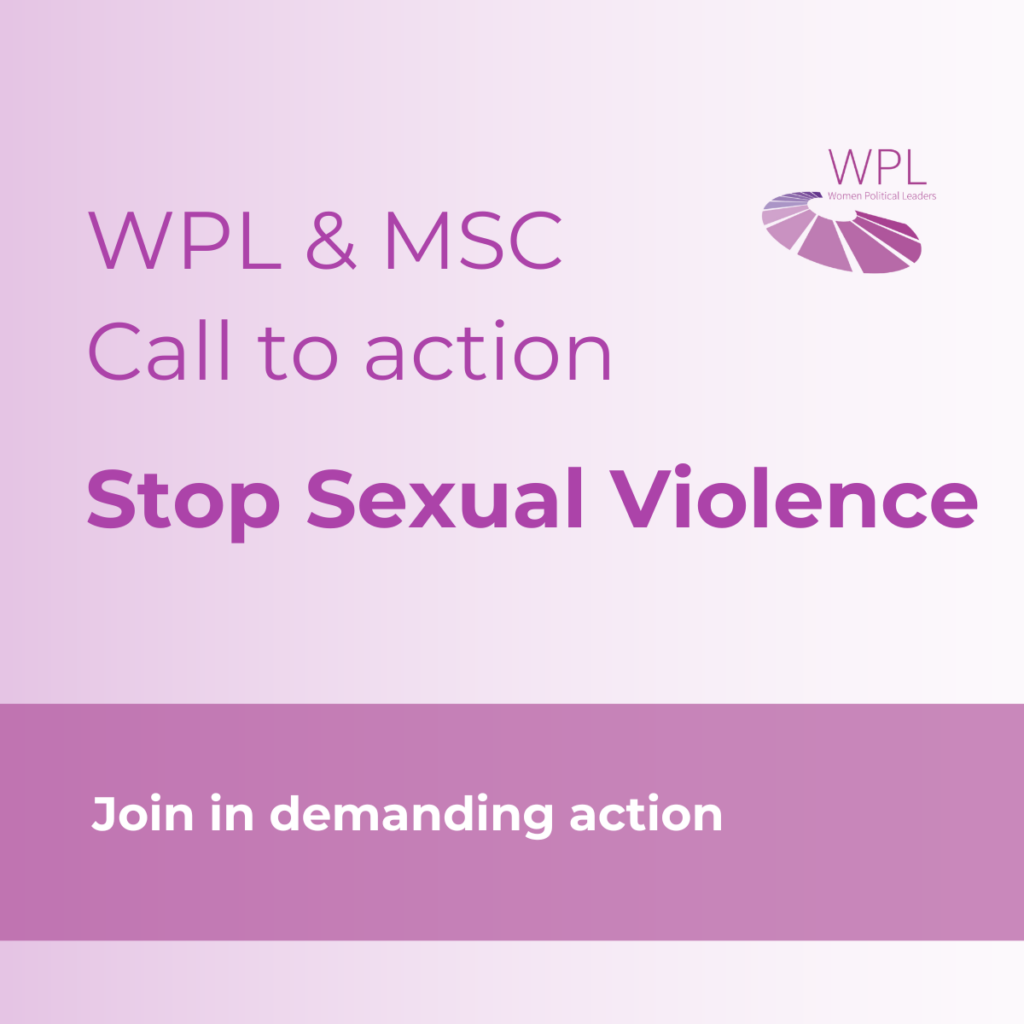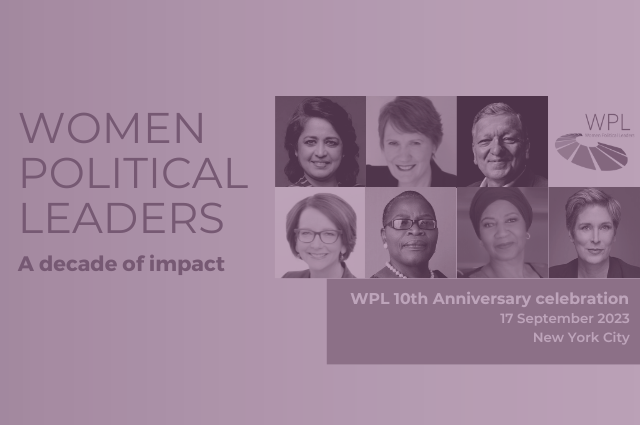Members of the Women Political Leaders Board affirm that COVID-19 presents the opportunity to create a ‘new normal’ to return to; one that fosters equality and delivers on promises of equitable leadership. On the occasion of the Global Webinar they shared their visions on how women leaders can establish this new normal through 1) restructuring legal frameworks, 2) redefining societal norms, and 3) curating collective responses.
Restructuring legal frameworks
Highlighting the manner in which COVID-19 has been disproportionately affecting women on many fronts, panellists point out some ways ahead to ensure this will not happen in the future.
“Governments, NGOs, and local authorities should try to [work] in a better way to put computers all over in different houses, especially in rural areas and in houses who don’t have the economies to support it or the connection.” – Rosalía Arteaga, President of Ecuador (1997)
Education creates a pathway to success for girls and women to achieve success by overcoming challenges of inequality, injustice, and discrimination. In a world vastly expanding the use of technology in classrooms, and especially its role in education during COVID-19, all sectors investing in education must commit to advancing policies and services that recognise the importance of ensuring equality.
“Women political leaders hold the power to urge legislation repairing inequalities and injustices targeting women” – Nurhayati Ali Assegaf, Vice Chairwoman of Indonesian Democratic Party, President of Geneva Council for International Affairs and Development.
To access, acquire, the power needed for legislative change, women must support one another and work together in Parliament and other institutions of policy-makers. Beyond this collective front in seeking legislative change, women political leaders must also work to “streamline gender justice initiatives across all national institutions” to promote the normalisation of equality for women and remove discrimination from policies.
“Women are 50% of the electorate, why are they not electing more female leaders?… Women can be an asset for other women if elected” – Jewel Howard Taylor, Vice President of Liberia, President of the Senate of Liberia.
In many countries, entry barriers for aspiring women political leaders are high. Finance remains one of the most prevalent barriers, often guaranteeing loans to male candidates exclusively. Without access to financial resources, the difficulties to be elected to office are grave. Legal systems must reform financial protections, to increase access to financial resources for women candidates.
Changing societal norms
“The new normal that we strive for will be one where being a man or a woman will not influence the role that we will play in our society.” – Silvana Koch Mehrin, President and Founder of WPL, Vide President of the European Parliament (2009-2011)
Around the globe, billions of people are wondering when life will return to normal after COVID-19. This ‘normal’ however has fostered inequality and discrimination against women for centuries. In this crisis, lies the opportunity to build a ‘new normal’, one where equality is the norm.
“Women in all this are crucial. We need to be courageous. We need to challenge the norms. We must not be complacent.” – Marie-Louise Coleiro Preca, President of Malta (2014-2019)
Changing social norms is crucial to advancing equality. Education, healthcare, social protection, and gender inequalities are the most consequential areas of social policies women leaders must seek to improve to advance equality among men and women, economic classes, and the social well-being of citizens. The COVID-19 pandemic is offering the world the opportunity to reflect on what can be improved in the lives of future generations. Now is the time for women leaders to challenge norms established in these areas, seeking change to benefit all of society.
Curating collective responses
“[To write the “new normal”] we need to take the conversation more broadly into all sectors. – Hanna Birna Kristjánsdóttir, Senior Advisor on Women’s Leadership at UN Women, Chair of the Board of Reykjavík Global Forum.
Panellists point out how engaging other sectors is vital to advancing equality for women and men. Because sustainable success cannot be achieved in isolation, women political leaders should rally the support of all the other sectors of society to achieve change. It is only through collective action that real progress can not only be made, but also sustained.
“We have to recognize that our world is facing this range of simultaneous crises…a syndemic.” -Helen Clark, Chair of the WPL Board, Prime Minister of New Zealand (1999-2008), Administrator of the UNDP (2009-2017)
Women leaders should work together to bridge the gap between these crises. This can be achieved by organising an international collective response to the syndemic. This will build the capacity to establish new norms alleviating the burdens and inequalities of the current crises faced and reducing the number of future ones.
Panellists noted the strong response to COVID-19 from female-led countries such as New Zealand, Germany, and Iceland. This, they pointed out, is no coincidence, but rather a result of conscientious leadership that places people at the forefront of the response to the pandemic.
Wholesale changes to society’s ‘normal life’ represents a beacon of hope for the women leaders who spoke at the Global Webinar. 2020, it was affirmed, could still be the year many had hoped it would be – one that would dramatically address existing gender imbalances. Looking forward, this Webinar established a foundation to create change that will lead into the 2020 Reykjavik Global Forum this November, connecting women leaders in academia, business, and politics to exchange ideas and practices to advance gender equality as the ‘new normal’ society lives by.
Full video:




